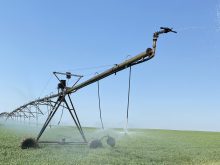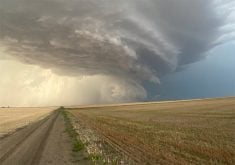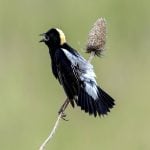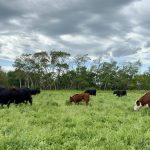SASKATOON – Herbicide-tolerant canola may be available for farmers this spring.
Pioneer Hybrid has applied for registration of its herbicide-resistant canola in the black soil zone in time for the 1995 crop season. The canola, resistant to Pursuit, should help farmers control weed problems, Pioneer’s Dave Sippell told producers at the Saskatchewan Canola Development Commission annual meeting held during Crop Production Week.
Also, AgrEvo has applied for registration and hopes to have a canola resistant to the chemical Liberty by this crop year. It has taken almost 10 years to develop the canola.
Read Also
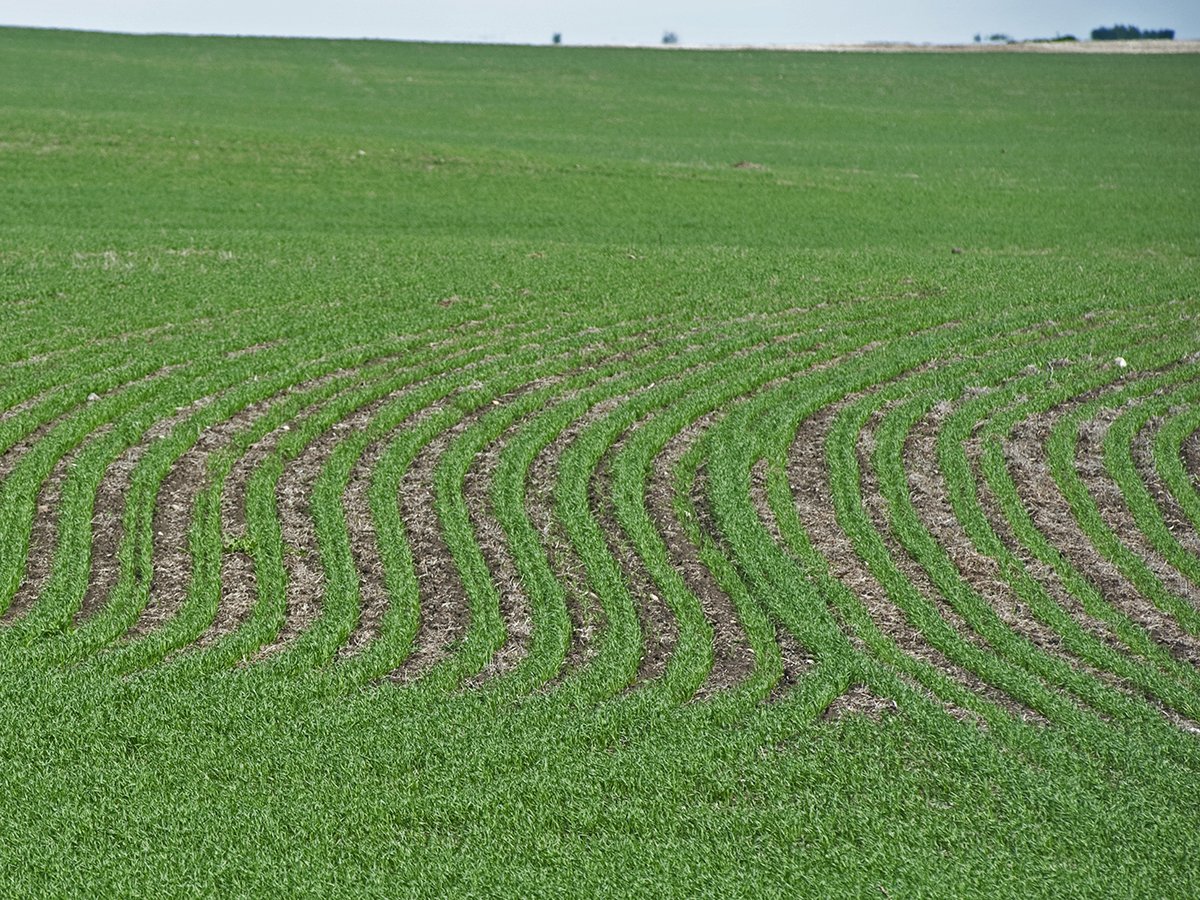
Rented farmland jumps 3.4 million acres in Saskatchewan and Alberta
Farmland rented or leased in the two provinces went from 25.7 million acres in 2011 to 29.1 million in 2021, says Census of Agriculture data.
Some of the delays came in dealing with the new regulations, said Lionel Lamont of AgrEvo.
“The technology advanced before the regulations,” said Lamont.
“A significant amount of work over and above producing a new variety of hybrid had to be developed.”
Extreme care had to be taken to prevent the new canola from cross-breeding with other canola once it was moved into the field.
Monsanto’s Roundup-resistant canola won’t be available until next year, said Aaron Mitchell. At $5 for half a litre per acre control, it gives farmers an inexpensive weed control solution, he said.
“Weed control is one of the key benefits of canola,” said Mitchell.
While the three companies were touting the wonders of the herbicide-resistant canola, there was some concern by seed growers about negative sentiment from overseas canola customers about canola with a built-in herbicide tolerance.
Saskatchewan Canola Growers Association president Doug Sword said he was “personally taken aback at the doubt and anxiety in Japanese customers” about the possibility of the canola coming on the market.
Mitchell said there is no difference between the oil from gene-manipulated canola or traditional canola. There is a difference in the meal.
He said the concern is a “perception”, and not based on technology.
Lamont said: “they would not move forward with technology that would harm the industry.”
Bill Hetland, a farmer member of the canola selection committee, said there also is concern in the industry with the lower level of protein in the new herbicide-resistant canola.




